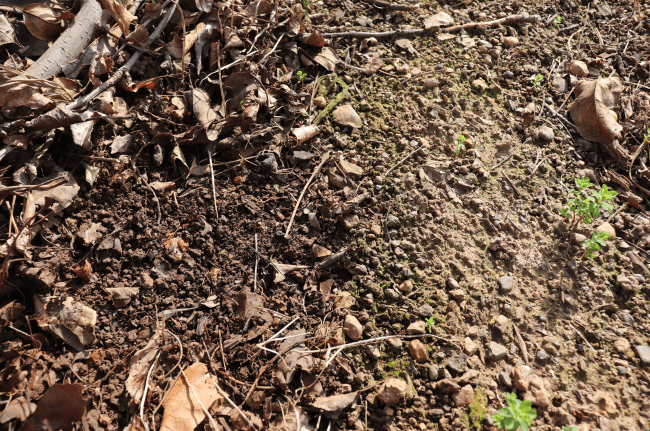- +27 (0)21 848 9434
- marketing@ecosoil.co.za
- Mon - Fri: 8:00 - 16:30
Water Management
Most parts of South Africa have experienced extended and unseasonal periods of drought these past few years. Climate variability is becoming an increasing problem. Most agricultural soils are not equipped to handle heavy down pours of rain, followed by long dry periods. Most soil surfaces are bare and capped, with little structural integrity. Rain drops hit bare soil with a tremendous force, dislodging soil particles and washing away valuable topsoil. This caps the soil, preventing water and air to infiltrate the soil.
Rivers in pristine areas, covered with vegetation and organic residues, are clear and fresh, compared to rivers running through agricultural areas which are brown with sediment and polluted with salts and nitrates. Crop residues play an important role in absorbing the force and reducing the damage that rain water can cause. Soil is never capped under organic residues. They slow down the surface flow of water, allowing more water to infiltrate the soil.

Soil covered with organic matter – can breathe
Capped soil – cannot breathe
Water holding capacity
One part of humus can retain 4 parts of water. Soils with 3% carbon (approximately 6% organic matter) can store around 500 m3 of water per hectare, in addition to the water-holding capacity of the soil itself. As explained earlier, carbon sequestration through root derived carbon is 5 times more efficient than the breakdown of above ground organic residues. Therefore, year long green cover is the best way of building soil carbon levels and water storage capacity.
The use of Ecosoil’s Compost Tea in conjunction with other soil building practices will build soil carbon levels, improve water infiltration and water holding capacity. Many organisms in Compost Tea make plants more drought resistant. Besides producing chemical compounds that protect plants against desiccation, it also stimulates root branching and fine root development. Mycorrhizal fungi can supply moisture to plants in dry environments by exploring micropores not accessible to plant roots.
